Heart disease stands as the primary cause of death in the United States, claiming the lives of over 600,000 individuals annually. This staggering figure represents approximately 23 percent of all deaths in the US each year. To aid in early detection and response, we’ve assembled a list of warning signs that you should be mindful of in case you suspect you might be experiencing a heart attack.
First Off…

Before diving into the signs of a heart attack, let’s first discuss some factors that can contribute to having one in the first place
Causes…

To name just a few, here are some examples of what can cause heart attacks:
- Smoking – quitting smoking will unquestionably lower your risk of a heart attack.
- Obesity – it’s important to understand that excess weight can cause heart disease and heart attacks.
- Family History – if you’re worried about heart attacks, talk to your family or your doctor to see if they run in your family.
- Age – being over the age of 55 years increases your chances of having heart disease or suffering a heart attack.
Now let’s take a look at 30 signs to watch for…
Chest Discomfort
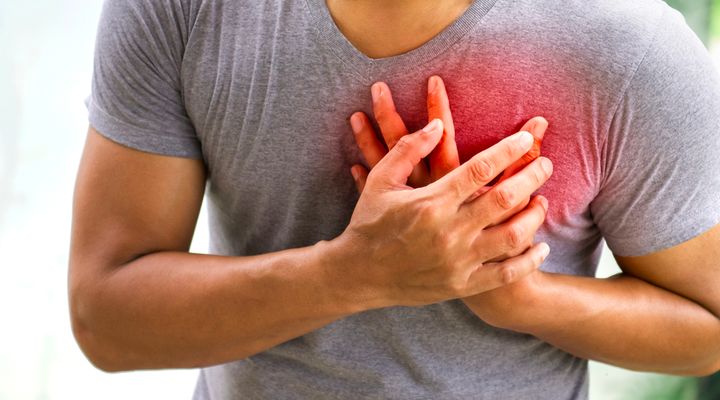
Maybe the clearest indication, feeling discomfort in your chest is a sure sign that something isn’t right, possibly even indicating a heart attack…”
Nausea

If you suddenly feel nauseous and can’t pinpoint the reason, it might be related to your heart rather than your stomach…
Indigestion
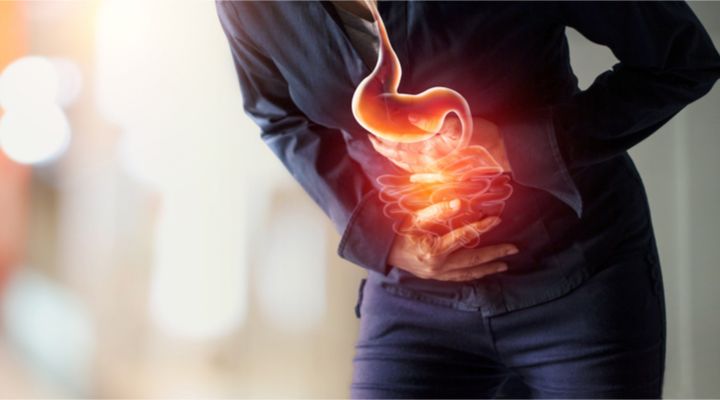
If you’ve just eaten your favorite meal and it’s not sitting well with you for some reason, it could be an early sign of a heart attack.
Stomach Pain

If you’re experiencing random stomach pain that isn’t related to nausea or indigestion, it could be your heart subtly trying to communicate something to you.
Dizziness

If you suddenly feel dizzy after spinning around rapidly or standing up abruptly following a long period of sitting, it’s normal. However, if dizziness strikes for no apparent reason, it could be a warning sign of an impending heart attack.
Feeling Lightheaded

Akin to dizziness, feeling lightheaded is also a sign that your heart is warning you of an attack…
Throat Pain

Feeling pain in the throat might typically signal the onset of a cold. However, it could also serve as an early indicator of a heart attack. If you’re experiencing a sore throat without any other cold symptoms, it’s important to be cautious as it might signify something more serious..
Jaw Pain

There are not many reasons your jaw should experience pain, aside from maybe taking a few blows in a fist fight. But, strangely enough, jaw pain is an early sign of a heart attack…
Easily Exhausted

Feeling excessively tired after simple activities can be an early warning sign of a heart attack. If you find yourself struggling to climb a set of stairs or feeling out of breath after simple tasks like fetching the mail, it’s advisable to consult a doctor.
Snoring

While snoring during sleep might not appear concerning, many individuals aren’t even aware they do it until someone mentions it. However, it can be a significant issue, and similar to other signs on this list, snoring could serve as an early indication of a heart attack.
Sweating

A straightforward indicator of a heart attack is sweating, particularly a “cold sweat.” While sweating is normal during activity or in hot weather, sweating without any exertion and in cool conditions should be taken seriously, especially if you’re inactive.
Coughing That Won’t Stop

Similar to the throat pain, a chronic cough may indicate a cold or flu. But when it comes to heart attacks, coughing uncontrollably is an early sign you may be experiencing one…
Swollen Legs, Ankles and Feet

As strange as it might sound, swollen legs, ankles, and feet can indeed be early signs of a heart attack. If you observe unusual swelling in your lower body, it’s important to consult a doctor promptly.
Irregular Heartbeat
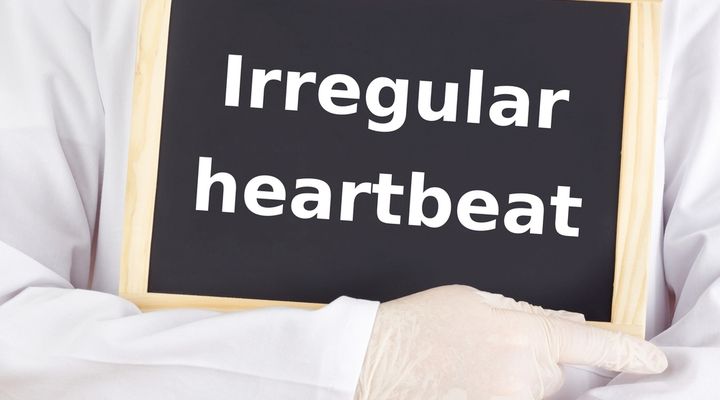
The pace of our heartbeat fluctuates when we exercise or when we sleep, and that’s actually normal. But when the heart beats irregularly it may be a sign of a heart attack.
Shortness of Breath

Similar to several other symptoms mentioned, shortness of breath can be considered normal in certain situations. For instance, during exercise, feeling short of breath is expected. However, if you experience difficulty breathing while being sedentary, it could indicate a serious issue and should not be ignored.
Heartburn
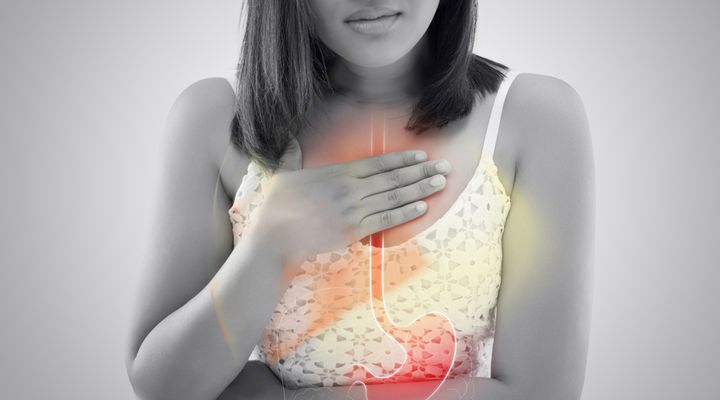
If you happen to feel a burning sensation deep in your chest, it may be caused by stomach acids moving up through your esophagus. This, called heartburn, can be an early sign of heart attack.
Pain in Arms

A heart attack is known to cause pain in areas other than just the chest, like the arms for example. If you’re feeling unexpected pain in the arms be careful, you may be suffering a heart attack.
Upper Abdomen Discomfort

Pain throughout the body, including in the upper abdomen, is a recurring pattern on this list. This discomfort isn’t quite nausea or indigestion but rather a random sensation. Such upper abdominal discomfort can sometimes indicate a more serious underlying issue and shouldn’t be disregarded.
Upper Back Pain

Pain within the torso is an indicator of a potential heart attack, and one of those areas is the upper back. If experiencing pain there without any obvious injury, seek your doctor right away.
Pounding Heart
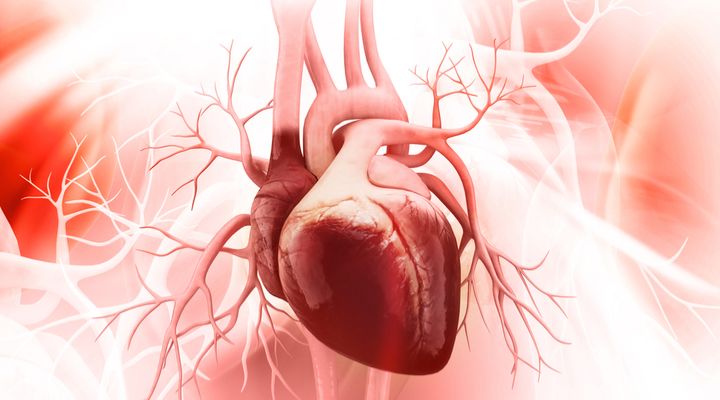
While we’ve discussed irregular heartbeat previously, experiencing a pounding heart can be equally concerning. Even if your heart is beating at a normal rhythm, feeling as though it’s pounding much harder than usual warrants caution to ensure you’re not experiencing a heart attack.
Wheezing

Breathing patterns can provide valuable clues about a potential heart attack, so it’s crucial to monitor them closely if you suspect something is amiss. Wheezing while breathing is highly abnormal and should be treated seriously by anyone experiencing it.
Lost Appetite

If you unexpectedly lose your appetite when you typically wouldn’t, it might seem like a blessing, especially if you’re aiming to shed some weight. However, sudden loss of appetite can actually signal an impending heart attack, so it’s important to be cautious and attentive to such changes.
Thirsty

Opposite of the last sign, if you find that even after you’ve had plenty to drink you still have an unquenchable thirst, you may want to see a doctor as it can be an early indication of a heart attack.
Working Hard When You Shouldn’t Have To

One often overlooked sign of a heart attack is feeling excessively tired. If you’re typically active and find simple tasks more challenging than usual, it could be a sign of a heart attack. It’s crucial to seek medical attention if you experience this symptom.
Sudden Weight Increase

After the holidays it’s not uncommon to feel bloated or to put on a few pounds. But if for some reason you experience a flash weight gain, you may want to consider seeing a physician.
Mass Confusion

Body pain and symptoms related to the stomach and chest area are commonly associated with heart attacks. However, what you may not realize is that sudden confusion can also be an early warning sign. If you experience confusion for no apparent reason, it’s advisable to consult a doctor just to be safe.
A Feeling of Impending Doom

Perhaps the most mysterious sign on this list is the feeling of impending doom. For some reason, your body is telling you that you are doomed … don’t ignore this feeling. It may be more serious than you can imagine.
Body Chills

Commonly associated with the flu, having body chills can also be an indicator of a heart attack. If you feel overtaken by a sudden chill, consult with a doctor as soon as possible.
Fever

Like the sign above, fever can also be mistaken for a flu symptom. And although that can be true, it is also an indicator of a heart attack. If you feel unusually hot or cold at any time, call your physician.
Diarrhea

Finally, diarrhea concludes this list of potential signs of a heart attack. Among the various stomach issues that can signal a heart attack, diarrhea is often dismissed as unrelated. Surprisingly, many symptoms commonly associated with the flu can actually indicate a heart attack. Therefore, it’s important not to overlook any unusual symptoms and seek medical attention if needed
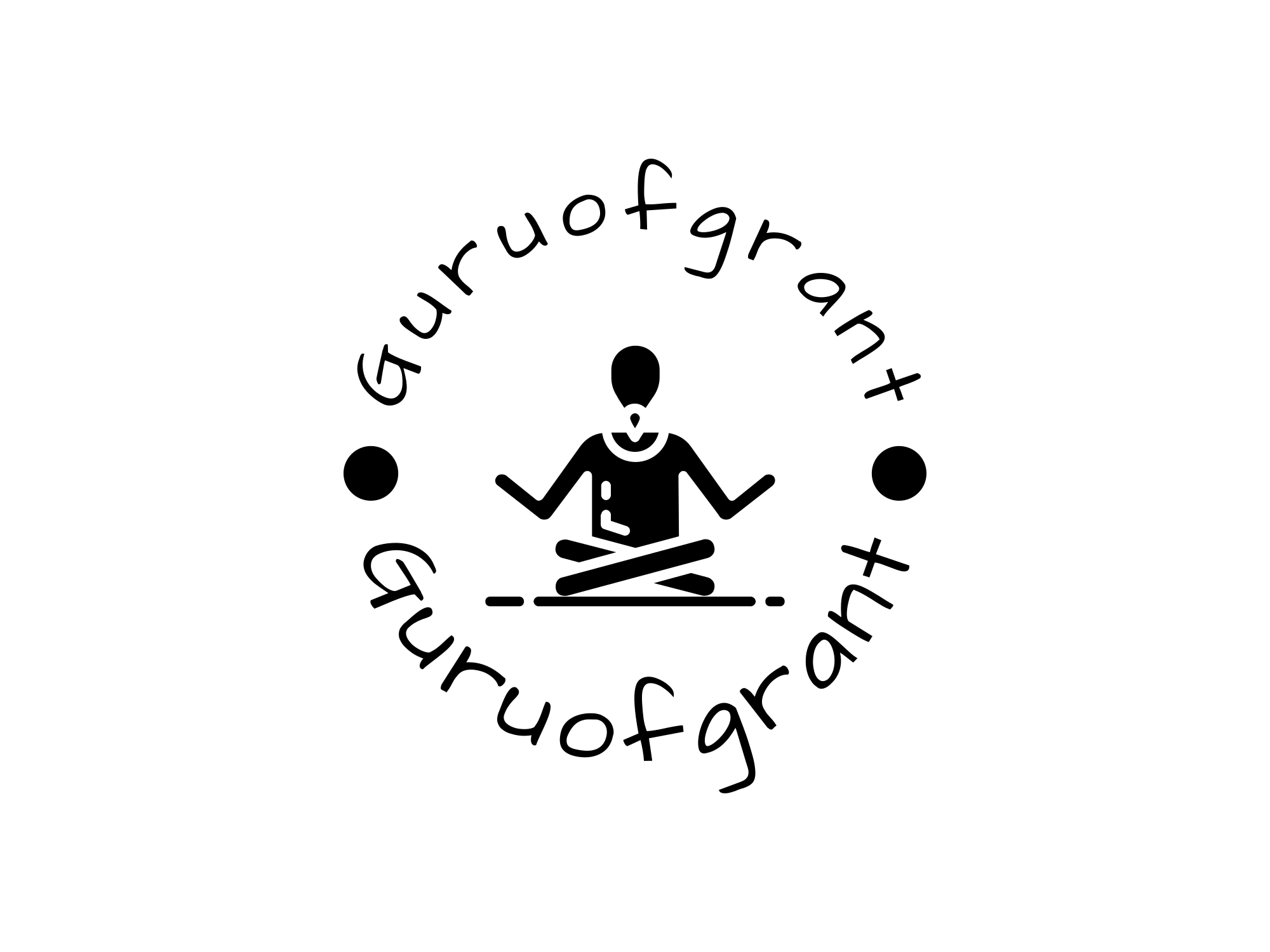



GIPHY App Key not set. Please check settings
One Comment